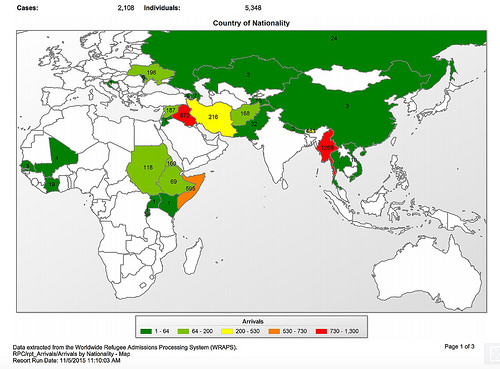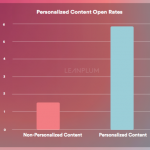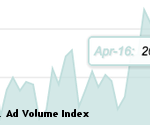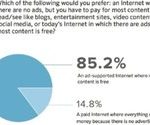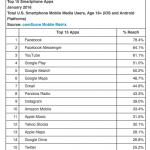The Citizen Analyst Manifesto, Part 3: Dedicated in Heart
November 25, 2015
In this series, we’ll explore what it means to be a citizen analyst, what values you stand for, and what qualities in the world you adamantly must oppose.
The Citizen Analyst Manifesto

You must be curious of nature, and dedicated in heart; Speak humbly, but with insight; Seek truth in your data, yet not hold it too high; Ask boldly. Be forthright, and unafraid. Disclose with honesty. And to all this, you must bring persistence, for data whispers its secrets to few.
Be dedicated in heart.
Citizen analysts are dedicated in heart. To have dedication and heart is to have more than persistence—it is to care, to be emotionally invested, passionate about the data you’re working with. Passionate about what it means to you.
Think of an issue, a cause, a position in your life. Are there children you want to help? A rainforest you want to protect? What makes you care? Don’t be afraid to dig deep—passion is about more than what’s on the surface. Then let your beliefs power your searches, give them permission to help you to tell a story with the data you have. Let your caring will drive your curiosity, help you embody our first citizen analyst core value. Your passion will cause you to investigate more data sources, to not take what you hear in the media at face value.
Now consider the opposite, an issue or a perspective that you don’t care about. How much time and effort would give it? How rigorous would your analysis be? If our focus is driven by passion, how can we truly focus on data we don’t care about?
To be dedicated in heart, you must put your heart into your investigations. You must stand for your core values, and give your data a voice.
Why does dedicated in heart matter?
When our hearts are committed, we tell better stories. Good analysis is about data; great analysis is about data, emotion, and connection. We humans are emotional creatures; we make emotional decisions first, rationalize second. Most people won’t read the data behind your analysis—and that’s okay. Because they will care about insights we draw or the recommendations we make.
Consider this data from the United States Department of State on worldwide refugee arrivals and processing:
What do you see? What does the data tell you? If you don’t particularly care about it, if your heart is not in it, you’re going to see a few numbers. And numbers don’t tell much of a story on their own. So why care? Why be curious? Why bother digging deep?
What’s the story here? Right now, a large section of the US media is reporting as though tens of thousands of refugees from the Syrian Arab Republic are headed to the United States of America. And yet, according to the above data from the Department of State, only 187 refugees arrived in the entire month of October 2015.
187. That’s a solid number. It’s not vague. It’s data. Which means you can now make the mathematically valid comparison that more people sit in the average Italian chain restaurant (approximately 200) than arrive monthly from the Syrian Arab Republic (187).
Heart matters. Dedication matters. Why? Because passion matters. Curiosity and passion are our ways into the data, our ways into creating a story, digging around until we discover insight. Data on its own is meaningless. Numbers. But data that leads to insight? That’s power.
If you’re in marketing and communications, now you have a different story, a more compelling story to tell, from your data. You can make an emotional appeal to others based on the data.
If you don’t care about what you’re analyzing, then your audience isn’t going to care either.
Be dedicated in heart!
Business & Finance Articles on Business 2 Community
(36)

